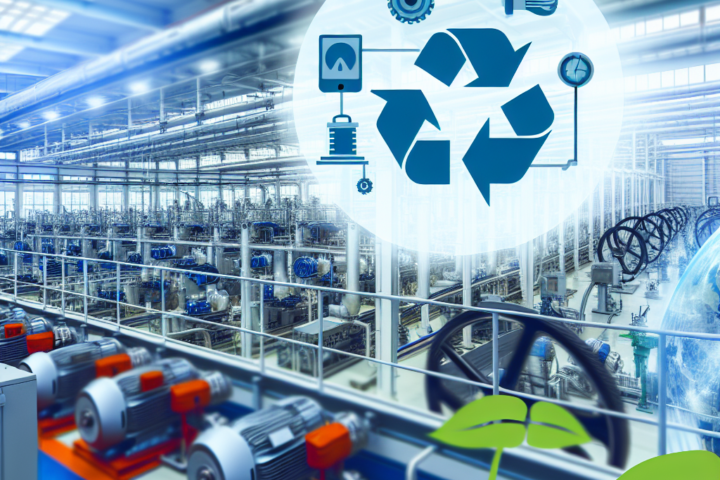Electric motors are pivotal components in various sectors, powering everything from household appliances to industrial machinery. These motors convert electrical energy into mechanical power, enhancing the operational efficiency of numerous systems and devices. This critical role in modern engineering and technology cannot be understated, as electric motors drive significant advancements in energy usage and sustainability.
Advancements in Electric Motor Technology
Recent years have witnessed remarkable innovations in the technology of electric motors. These advancements are not just about increasing power and efficiency but also about enhancing the motors’ compatibility with renewable energy sources. Modern electric motors are now more energy-efficient, have a better thermal management system, and boast enhanced control systems which allow for finer adjustments in performance based on real-time feedback. Such enhancements contribute significantly to their expanding applications in sectors that demand high reliability and efficiency, like automotive and renewable energy sectors.
Furthermore, companies like VYBO Electric are at the forefront of integrating these advancements into their products. By focusing on R&D and adopting cutting-edge technologies, VYBO Electric ensures that their motor solutions meet the highest standards of efficiency and sustainability required by contemporary markets. This commitment not only drives innovation within the industry but also helps in setting new benchmarks for environmental responsibility.
As the global demand for more sustainable and efficient energy solutions continues to grow, electric motors are expected to play an even more critical role. The ongoing developments in motor efficiency, coupled with improvements in energy storage and management technologies, suggest that electric motors will continue to be integral in the push towards a greener and more sustainable future. By reducing dependency on non-renewable energy sources and decreasing carbon emissions, electric motors are indeed paving the way for a cleaner, more sustainable industrial landscape.




